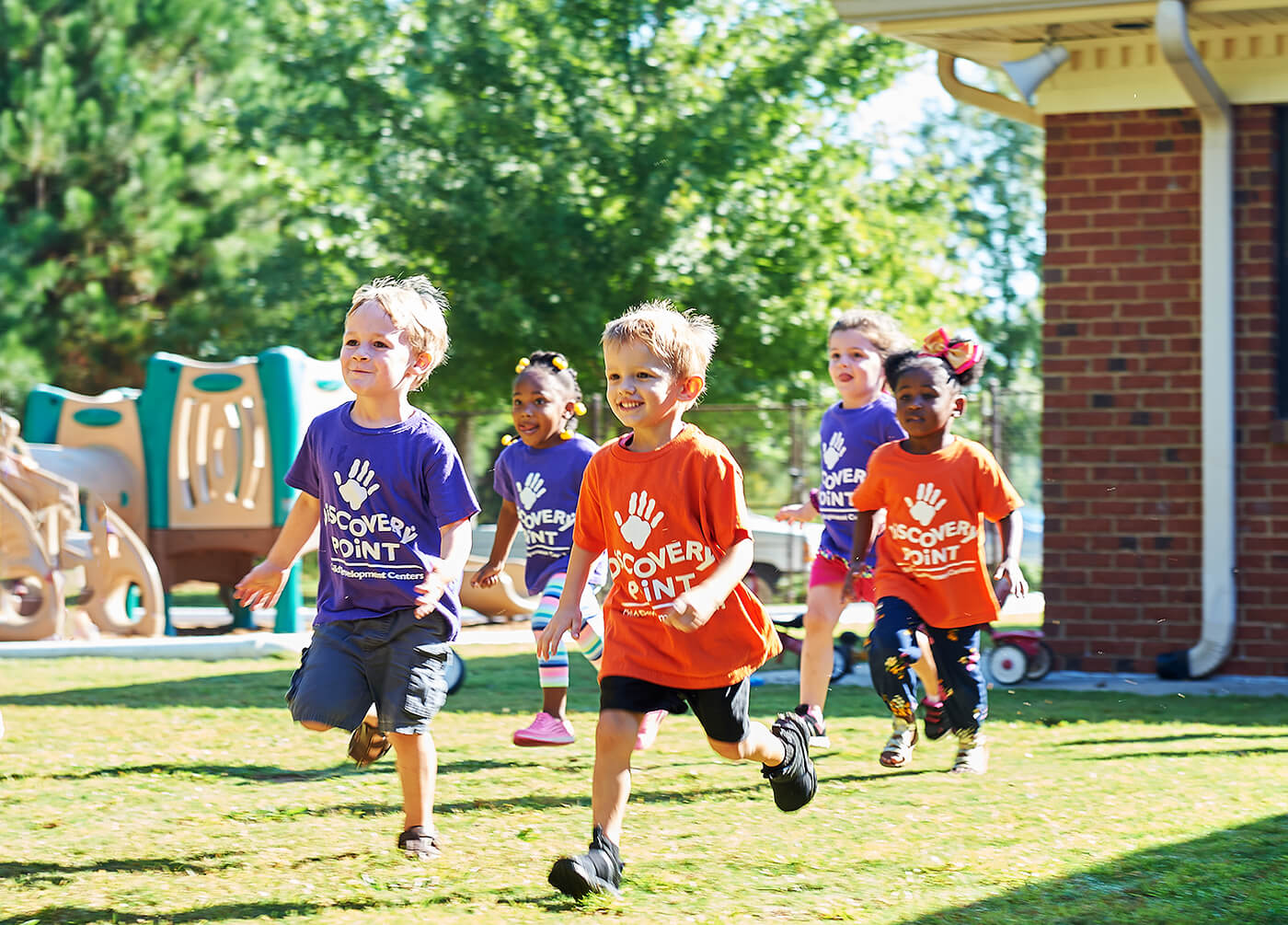
6 Screen-Free Activities
When you’re exhausted from a busy day and still have to prepare dinner or finish [...]
3 Tips for Parenting Meltdowns
Seeing your child have a meltdown can be both heart-wrenching and frustrating. Five minutes ago, [...]
Chores for Children. What is Age Appropriate?
If your kids aren’t helping out around the house, now’s the time to begin enlisting [...]

Find A Location Near You
Our early childhood teachers implement research-based curriculum and a child-centered instructional approach for every age and stage of development — it is not simply “daycare.”
Enroll Today